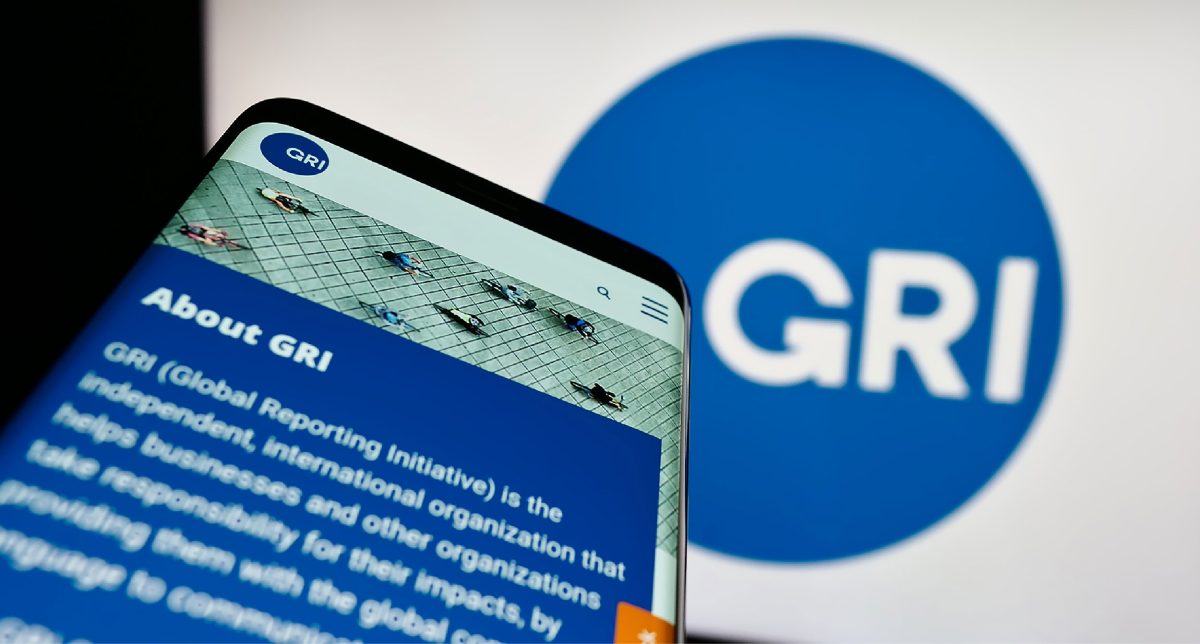
Creating a Sustainability Report (SR) is no small feat, especially when it demands adherence to specific guidelines to ensure that reports across different companies “speak” the same language.
One of the most widely recognized SR frameworks is the Global Reporting Initiative (GRI) Standards. According to a 2022 KPMG survey, 78 percent of G250 companies—referring to the world’s 250 largest companies by revenue—use GRI Standards for their SRs. But how essential is it for companies, particularly smaller ones, to follow this global standard? Isn’t the national standard, SEOJK Number 16 of 2021, sufficient? After all, it’s simpler and holds legal weight locally.
This leads to the question: why bother? It’s already complex and incurs extra costs.
A Collective Project for Planet Earth
To understand the SR initiative, we must acknowledge its roots in global efforts to combat climate change, a movement dating back to the 1970s. The concept of “sustainability” gained traction in the mid-1980s, marked by the UN’s Brundtland Report, “Our Common Future,” which defined sustainability as meeting present needs without compromising future generations.
This concept requires unified global action; isolated efforts won’t suffice if others remain unaware of their environmental impact. Because sustainability initiatives emerged from a collective international effort, it is crucial for all participating parties to report their contributions in a standardized “language.” This makes global progress on environmental and social issues easier to track and coordinate.
From the beginning, GRI developed its standards in collaboration with major international organizations, including the UN. The use of GRI Standards in UN reports reinforces the value of adopting this universal language.
Increasingly, investors also expect companies to adhere to standardized reporting. It allows them to compare companies more easily and make informed investment decisions. Investor expectations may be a primary driver behind the push for companies to publish SRs using internationally recognized standards.
Not a Barrier Anymore
Publishing an SR demands significant time, resources, and mental effort. Adhering to international guidelines, especially with certified writers, may seem excessive unless required by regulations. In situations like these, technology offers a solution, providing a more accessible and cost-efficient approach. With advancements in AI, technology has naturally become a fitting answer.
One example is Reporthink.AI, an AI-based SR solution. Not only does it assist companies in publishing SRs, but it also integrates GRI Standards and SEOJK No. 16 of 2021 directly into the system, generating reports in alignment with both frameworks.
Users simply upload the required files, and Reporthink.AI organizes them into a complete SR, adding contextual narratives as needed. For first-time SR creators, the system guides users by detecting uploaded files and suggesting additional information to meet GRI and SEOJK requirements. After uploading all data, users can generate a report within hours, available in Indonesian and English, with other languages as an add-on.
This automated process cuts many stages and resources from the equation, lowering costs to make international-standard SR creation feasible even for small companies. Adopting GRI Standards is no longer a major obstacle.
Other Benefits
When companies demonstrate adherence to strict standards, it enhances trust among stakeholders, including business partners and consumers. This credibility is vital in a competitive business environment, where reputation plays a crucial role.
Moreover, SRs that follow GRI Standards can help small companies attract investors and other stakeholders. Investors are more likely to engage with companies that showcase a commitment to sustainable practices and provide credible, trustworthy reports. This opens new funding and partnership opportunities for small businesses.
A well-constructed SR also builds a positive brand image, fostering customer loyalty and attracting more consumers who value responsible business practices. In the long term, this supports growth and success in competitive markets.
Sustainability reporting can also help small companies identify areas where they can improve operational efficiency. Monitoring energy usage and waste, for instance, can reveal cost-saving opportunities, benefiting both the environment and the company’s financial health.
Additionally, regular sustainability reporting allows small companies to identify trends and patterns, supporting better planning and decision-making. Effective risk management, enabled by GRI-guided sustainability reporting, is key to maintaining long-term stability and growth.
Furthermore, understanding risks enables small companies to proactively develop strategies to mitigate them. This could involve adopting best practices, enhancing internal policies, and collaborating with stakeholders for effective solutions. Consequently, GRI Standards equip small companies to become more resilient and adaptable in addressing complex challenges.
Meanwhile, the public, especially younger generations, increasingly prioritizes sustainability. Companies that demonstrate a commitment to sustainability often attract top talent.
Employees who feel their company cares about environmental and social issues tend to show higher loyalty and motivation. This is especially critical for small businesses aiming to build strong, competent teams.
